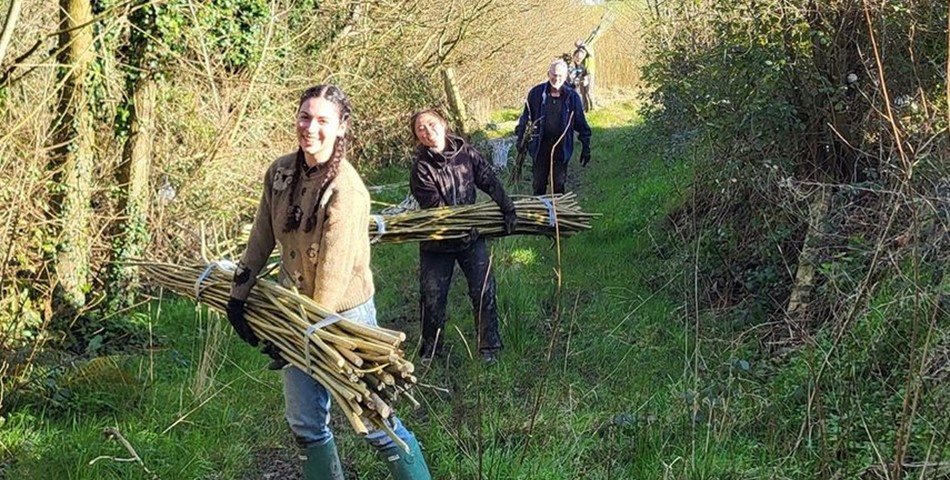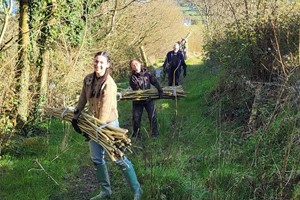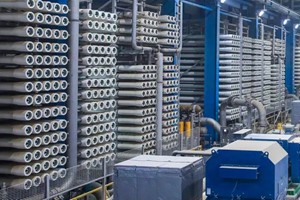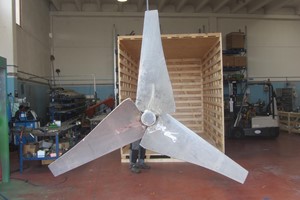In a pioneering endeavor, researchers from Trinity’s School of Engineering's Environmental Engineering group have embarked on a mission to revolutionize wastewater treatment in rural Ireland. Leveraging the natural capabilities of willow trees, they offer hope for homeowners in areas with poorly draining soils plagued by inadequate wastewater management.
During the recent Reading Week/half term break, teams descended upon counties Wexford and Leitrim to implement an innovative approach to wastewater treatment. This method involved coppicing and planting willow trees on specially designed systems to treat effluent from septic tanks.
This nature-based solution addresses a critical issue prevalent in regions where soil percolation capacity is insufficient to accommodate septic tank effluent, resulting in pollution of rivers and groundwater. Drawing inspiration from successful trials in Scandinavia, Trinity's Environmental Engineering group spearheads the EVAPOTREAT research project.
Funded by the Environmental Protection Agency (EPA) and Leitrim County Council, this endeavor is led by Professors Laurence Gill and John Gallagher. Laurence Gill, Professor in Trinity’s School of Engineering, emphasized the significance of the initiative, stating, “Large parts of the country are covered in soils that are unsuitable for the discharge of wastewater from septic tanks serving rural domestic houses that have no main sewer to connect to. This is an area of significant environmental concern in terms of ongoing pollution of both surface water and groundwater resources, and is also blocking many planning applications for rural development.”
“These full-scale field trials will determine whether willow trees in sealed basins can act as effective zero discharge systems, thereby providing a passive, nature-based solution to this growing environmental problem,” he added.
At the forefront of this initiative is Aaron Coyle, the principal PhD researcher, collaborating closely with the Trinity team and Arne Backlund, an esteemed eco-sanitation consultant from Denmark, whose insights enrich the project's methodology and implementation strategies.
The EVAPOTREAT project's concept is elegantly simple yet profoundly impactful. By harnessing the natural ability of willow trees to evapotranspire water at high rates, the system effectively reduces effluent discharge to the soil to insignificant levels. Within this process, contaminants are naturally broken down, mitigating the environmental impact associated with conventional wastewater treatment methods.
The significance of this research extends beyond scientific innovation; it embodies a sustainable solution to a pressing environmental challenge. By integrating nature-based approaches into wastewater treatment, communities previously burdened by inadequate infrastructure can now envision a future of clean water and preserved ecosystems.
As the EVAPOTREAT project progresses, rigorous monitoring and evaluation will provide invaluable insights into its performance and scalability. Over the coming years, stakeholders will eagerly await the outcomes, anticipating a paradigm shift in wastewater management practices across Ireland and beyond.














